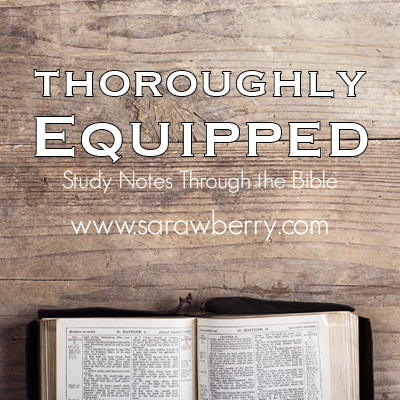Today’s reading includes Numbers 2:1-3:51 , Mark 11:27-12:17, Psalm 47:1-9, Proverbs 10:24-25.
Today we have moved on into a new book of the Bible. For the next 20 days we will read through Numbers. But today, I am still reflecting on the last verses of Leviticus. How does it all end? All the commandments and rules and instructions which were given to Moses on Mount Sinai finally came to a conclusion, and the very last verse of the book of Leviticus said this:
34 These are the commands that the Lord gave through Moses on Mount Sinai for the Israelites.
Leviticus 27: 34
What do we see in this simple last statement? The commander-in-chief was God Himself. He gave these to the people through Moses. This last verse was more of a statement of reiteration. It is like concluding an important speech with: “There you go. That’s it. I have said what I needed to say.”
And what was the next to the last verse of Leviticus, the one that preceded this conclusion statement? It was as follows:
33 You may not pick and choose between good and bad animals, and you may not substitute one for another. But if you do exchange one animal for another, then both the original animal and its substitute will be considered holy and cannot be bought back.”
Leviticus 27:33
That verse made me pause and think. The last words of instructions usually have great importance. When my children leave the house I often shout out the door some final words of importance: “I love you! Wear your seatbelt!” or “Don’t forget who you are and Whose you are!” And the one they really roll their eyes at: “Make good choices!”
So, let’s look at God’s parting words to Moses (for the people) before he left Mount Sinai. These are the points that stuck out to me.
You may not substitute one for another. They had just been told to count off every tenth animal from their herds and flocks and set them apart for the Lord as holy, which ultimately meant they were set apart to be killed as a sacrifice. And then it says not to pick and choose between good and bad animals and that they could not substitute. These words reminded me that I am not an adequate sacrifice for another. I can stand in the gap and pray like crazy, but I am not capable of saving someone. I am not an adequate sacrifice.
But if you do exchange one animal for another… This is an escape clause that God graciously added, which hints at an exchange, a substitution to come.
But if you do exchange one animal for another, then both the original animal and its substitute will be considered holy… This hints at a powerful truth. How can we be made holy? Only through the shed blood, the sacrifice of the Lamb of God. Jesus took on our sins, he carried them for us, all of the sins of the world were placed on His holy head as our scapegoat, our substitute. That fact did not make Him unholy. He was the only Substitute who could carry our sins and remain holy Himself, while at the same time make us holy in the process of substitution.
…both the original animal and its substitute will be considered holy and cannot be bought back… This was in reference to the fact that in the Year of Jubilee, everything returned to its original owner. But in this case, the animal and its substitute would never be bought back or returned to its original owner. And in these simple words, my heart rejoices. I am not going back to the way I was before. I am not returning to a life of worldliness. I can and will remain holy, not of my own efforts or good works, but because My Substitute made me holy and nothing can take that away from me. Praise God!
27 My sheep listen to my voice; I know them, and they follow me. 28 I give them eternal life, and they shall never perish; no one will snatch them out of my hand. 29 My Father, who has given them to me, is greater than all[c]; no one can snatch them out of my Father’s hand. 30 I and the Father are one.”
John 10:27-30


